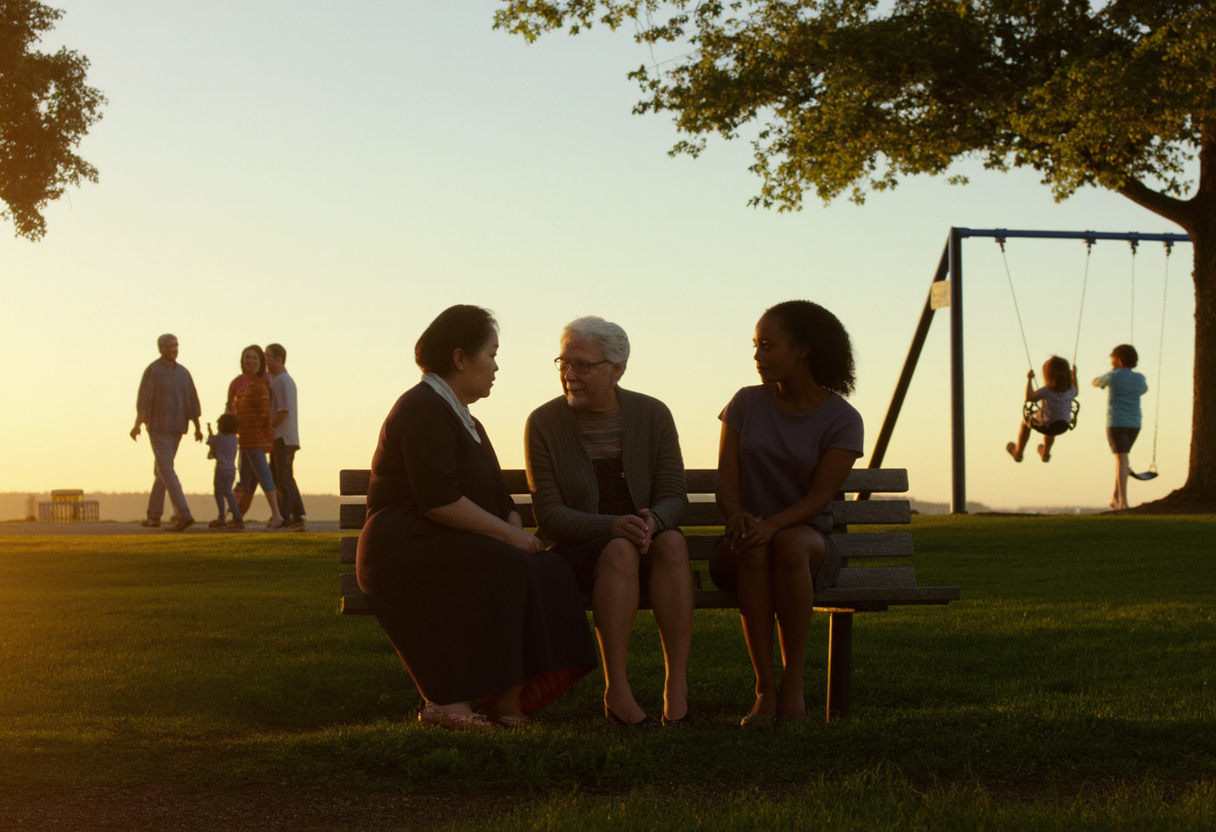The Future of Funeral Service Aftercare: Innovations that Provide Lasting Support
In a rapidly changing world, Funeral Service Aftercare must evolve to meet the diverse needs of grieving families. This article outlines innovative practices and technologies that shape the future of aftercare, focusing on maintaining emotional health and fostering community ties. Explore emerging trends in aftercare that empower durable support systems.
Embracing Change in Funeral Service Aftercare
The evolving landscape surrounding Funeral Service Aftercare signifies a vital shift in how families navigate grief. Traditionally perceived as an extension of funeral services, the paradigm of aftercare is changing toward a more expansive perspective focusing on long-term support. Recognizing the value of ongoing relationships is instrumental; families require help long after the funeral has ended. This emerging understanding underscores the necessity for aftercare to encompass holistic emotional support, resource provision, and community integration. As families face an increasingly complex array of emotions, providers must adapt their aftercare offerings to ensure relevancy and impact. With innovative approaches, Funeral Service Aftercare can significantly enhance the overall experience for grieving families, shifting the focus from mere logistics to meaningful healing processes.
Innovative Resources in Funeral Service Aftercare
Within the framework of Funeral Service Aftercare, a variety of innovative resources can enhance the overall support system for bereaved families. For instance, the introduction of virtual reality environments allows individuals to safely explore their emotions and memories tied to the deceased. This immersive experience can offer profound insights and catharsis. Additionally, apps designed explicitly for grief support provide users access to a wealth of resources, including guided journaling, community forums, and expert advice. Such technology-driven interventions allow for personalized support, catering to individual needs and preferences. Funeral Service Aftercare is thus evolving to cater to a digital-savvy audience, ensuring consistency in care delivery. Moreover, integrating these resources into traditional aftercare services can foster deeper engagement with families, encouraging meaningful connections along their journeys toward healing.
Building Stronger Communities through Funeral Service Aftercare
Funeral Service Aftercare holds the power to foster resilience within communities by promoting collective healing practices. As families endure the weight of grief, collective avenues such as community memorials or support initiatives can forge vital connections. These shared experiences not only allow families to pay tribute but also invite community members into the healing process. With the help of local organizations, Funeral Service Aftercare can create opportunities for public remembrance, positively impacting community cohesion. Investing in community-led initiatives makes lasting connections among families who have experienced similar losses. An essential aspect of these initiatives involves supporting the idea that healing does not happen in isolation; it thrives best in collective support. Therefore, Funeral Service Aftercare must prioritize communal aspects, thereby bolstering a responsive network for those affected by loss.
The Psychological Aspect of Funeral Service Aftercare Innovations
As the landscape of society changes, so too do the psychological underpinnings of grief. Funeral Service Aftercare must adapt to recognize how this evolving emotional environment influences families. The psychological approach places special emphasis on understanding grief as a multifaceted experience shaped by various cultural, social, and individual factors. Incorporating evidence-based therapeutic techniques into aftercare significantly contributes to comprehensive emotional support. For instance, art therapy and mindfulness practices can be integrated as complementary tools to manage grief. These innovative strategies provide families with ways to explore and express their feelings creatively. Additionally, promoting emotional literacy in aftercare discussions allows families to recognize their experiences, fostering healthier coping mechanisms. Acknowledging these psychological influences enhances the effectiveness of Funeral Service Aftercare, encouraging sustainable healing.
Global Perspectives on Funeral Service Aftercare
Examining Funeral Service Aftercare from a global perspective offers invaluable insights into its diverse applications and practices. Different cultures approach grief in unique ways, often instilling powerful traditions and rituals. Providers can benefit immensely from embracing these global perspectives, cultivating an inclusive aftercare model that resonates with various cultures. Highlighting distinct practices, such as communal grieving ceremonies or memorial weeks, can enrich the understanding of emotional needs. Moreover, acknowledging cultural diversity in aftercare engenders respect and sensitivity towards the bereaved. As Funeral Service Aftercare evolves, practitioners must actively seek knowledge of global traditions and blend them cohesively into their services. In doing so, they can create a more enriching and supportive environment for families from all walks of life.
Ultimately, the future of Funeral Service Aftercare hinges on innovation and adaptability. By employing a diverse array of resources and support mechanisms, funeral service providers can ensure families receive long-lasting assistance during their grieving journey. This emerging framework should prioritize personalized care plans, community connections, and psychological understanding, allowing families to navigate the complexities of grief constructively. Throughout this evolving landscape, the essence remains clear: Funeral Service Aftercare is pivotal in transforming loss into lasting support, bridging the gap between sorrow and healing.
